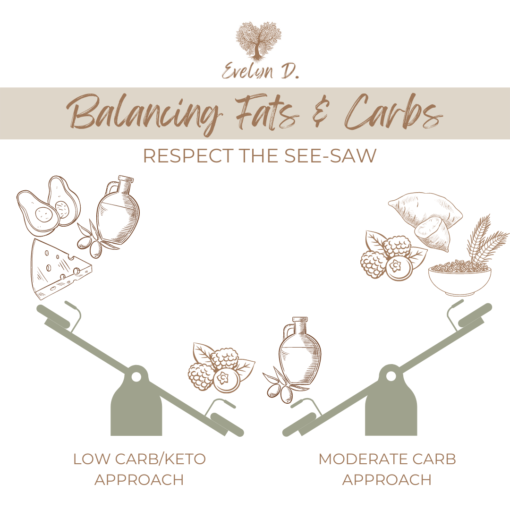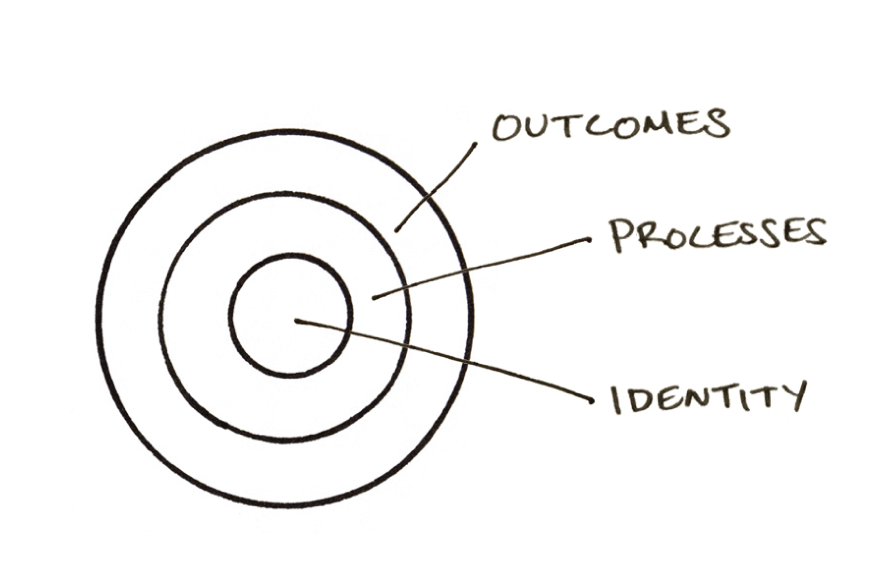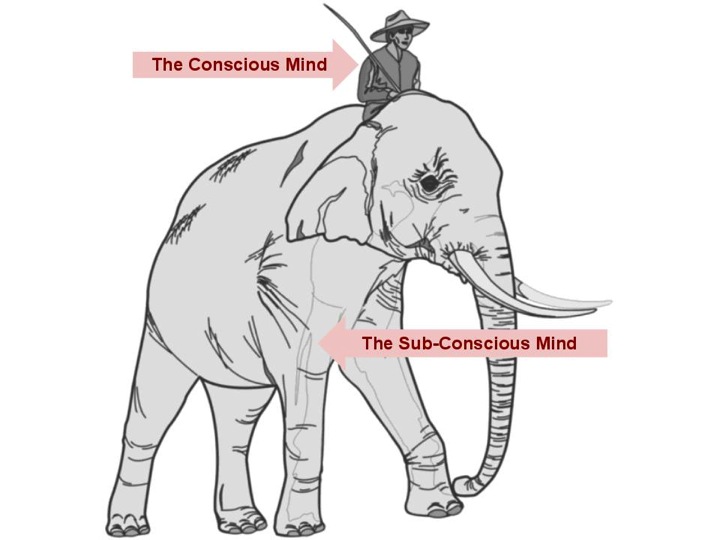I’ve been off coffee – cold turkey – all this week. It was a tough withdrawal those first few days, but it’s getting better.
I’ve shared before how I’ve had adrenal issues. Specifically, I’ve had low stress hormone levels which is indicative of what’s termed “adrenal exhaustion” (which follows “adrenal fatigue” – the earlier stage).
These terms are not technically correct, because it’s not like the adrenal glands are damaged and too pooped to party.
No, those little walnut shaped glands that sit atop the kidneys, just respond to feedback loops from the brain as part of the stress response (“flight or flight” or the sympathetic branch of the nervous system).

I run on the sympathetic (fight or flight) side – it’s just how I’m wired – so things like my thoughts, poor sleep, busy-ness, my thoughts, over exercising, over-thinking, my thoughts :), and substances like caffeine – can trigger the brain to produce more adrenaline and cortisol. When the perceived threat is a false alarm, the feedback loop signaling gets over excited and eventually, it gets lazy – like the boy who cried wolf – and the effects are reduced output, fatigue and/or out of whack circadian rhythms (wired but tired). (This is how coffee can stall fat loss).
Caffeine has a good side and a bad side in this regard (and others) – which makes it super confusing when it comes to making recommendations.

On the positive side, caffeine allows the dopamine in our brain (a motivation driving neurotransmitter) to work more efficiently which is why caffeine can improve physical performance (it even has been shown to be of benefit in Parkinson’s – probably because of this dopamine connection.).
Caffeine increases blood circulation and constricts blood vessels which can reduce headaches (which is why OTC migraine medications like Excedrin contain caffeine).
Coffee has loads of antioxidants so it can fight free radical cellular damage which makes us age and get diseases like cancer.
And even though the cortisol stimulation of caffeine can cause blood sugar release from the liver and muscles, it has been shown to reduce the risk of Type 2 Diabetes in population studies. This and more of coffee’s benefits are nicely illustrated here by Harvard:
So back to the adrenals, caffeine stimulates stress hormone production which gives adrenally exhausted people like me, a much appreciated boost of short term energy and enthusiasm…BUT, on the negative side, everything comes at a price. Caffeine is a stress to the body. It’s not true, cellular energy. It’s drug induced false stress energy.
Over time, this false stimulation can mess up cortisol rhythms and tax the adrenal signaling mechanisms. That and the acidity of coffee can also effect the lining of the gut and overall digestion. So this is why at some level – for some people – coffee helps you poop, but if you’ve ever experienced heartburn or the trots after too much coffee, this could be the reason why.
Coffee effects mineral balance, is dehydrating and can also negatively impact bone health, liver metabolism and even raise cholesterol (even though Harvard reports heart and liver disease benefits – what do they know! :))
In the past, I’ve experimented with a low acid organic decaf coffee that seemed to be OK for my system. Although decaf still has about 20mg of caffeine, the low dose (compared to up to 200mg in a strong brewed caffeinated coffee) usually doesn’t stimulate anything negatively in my system that I can feel (meaning I’m not jacked up after I drink it), but it allows me to have that warm yumminess that I crave.
Another hack to reduce coffee’s acidity is to add a small pinch of baking soda to your brewed coffee which lowers the pH considerably. You can test this out yourself with pH strips.
Like anything, the research and biochemistry is all well and good, but it all comes down to you and your body. So now that I’ve totally confused you, this is what I suggest:
- Really connect with your body. Take an honest look at your coffee consumption and ask yourself these questions:
- How do I feel after I drink coffee? Think of energy levels, gut, head, function, mood:
- In the first hour: _____________
- In the next few hours: ______________
- Do I have a threshold where I don’t feel so great after X cups?
- Do I have a time threshold where after X pm, coffee effects my sleep?
- How’s my gut feel – how’s my digestion with coffee?
- Is my sleep deep and restorative or do I wake up groggy?
- Am I jittery or irritable with coffee at certain levels?
- Has my caffeine tolerance increased – where I need more and more to feel the effects?
- Am I addicted to coffee? (It is a drug after all)
- How do I feel after I drink coffee? Think of energy levels, gut, head, function, mood:
- Experiment with reducing your consumption.
- Try a lower acid coffee (or the baking soda hack).
- Try a bullet proof coffee where you add fat (pastured butter or coconut oil) to the coffee which serves as a buffer and has other brain and metabolic benefits.
- Take a break from coffee and caffeine for a period of time.
- Switch to decaf coffee or an alternative lower caffeine tea or chicory root coffee substitute.
So tell me your coffee story! Will you try some of these suggestions? Let me know by replying here or on the Nourished Path FB page. Also, please share this email with anyone you know who might need a coffee intervention or some coffee clarity :).
OK – That’s all for this week. As always, thanks so much for being here!
In love and health,
Ev




